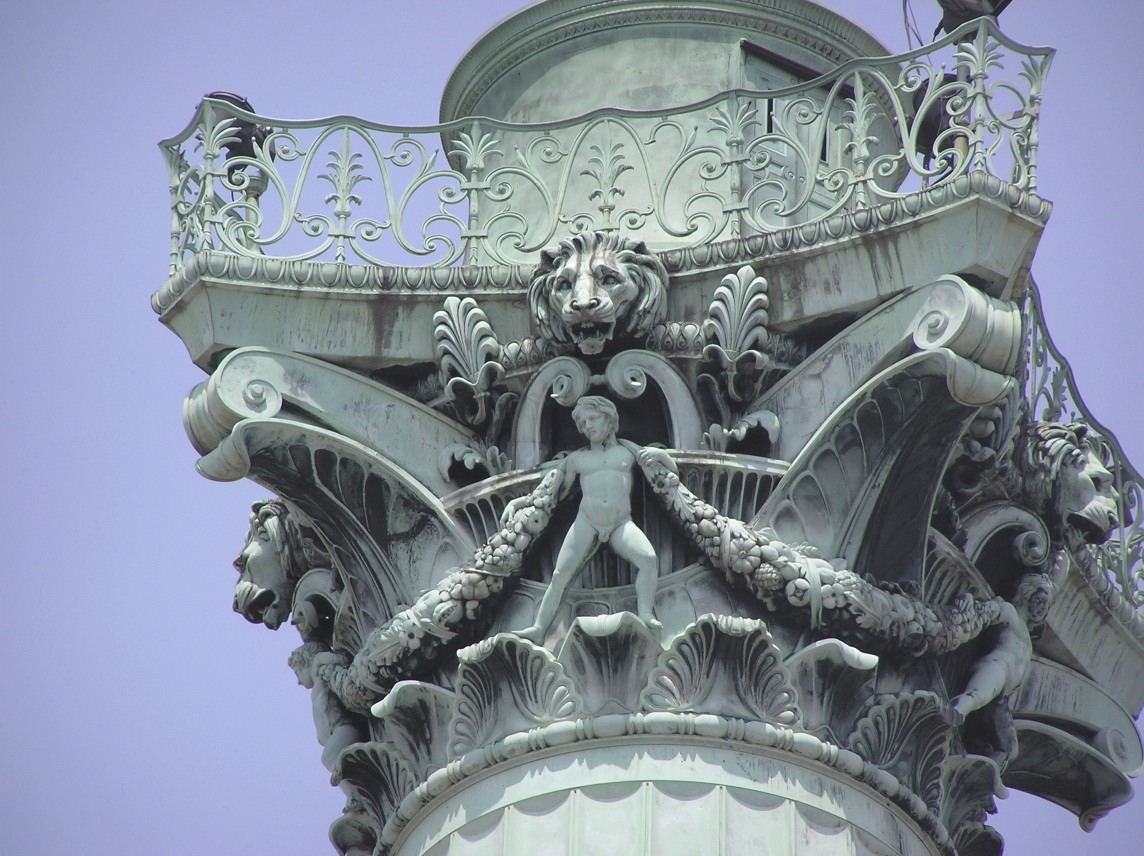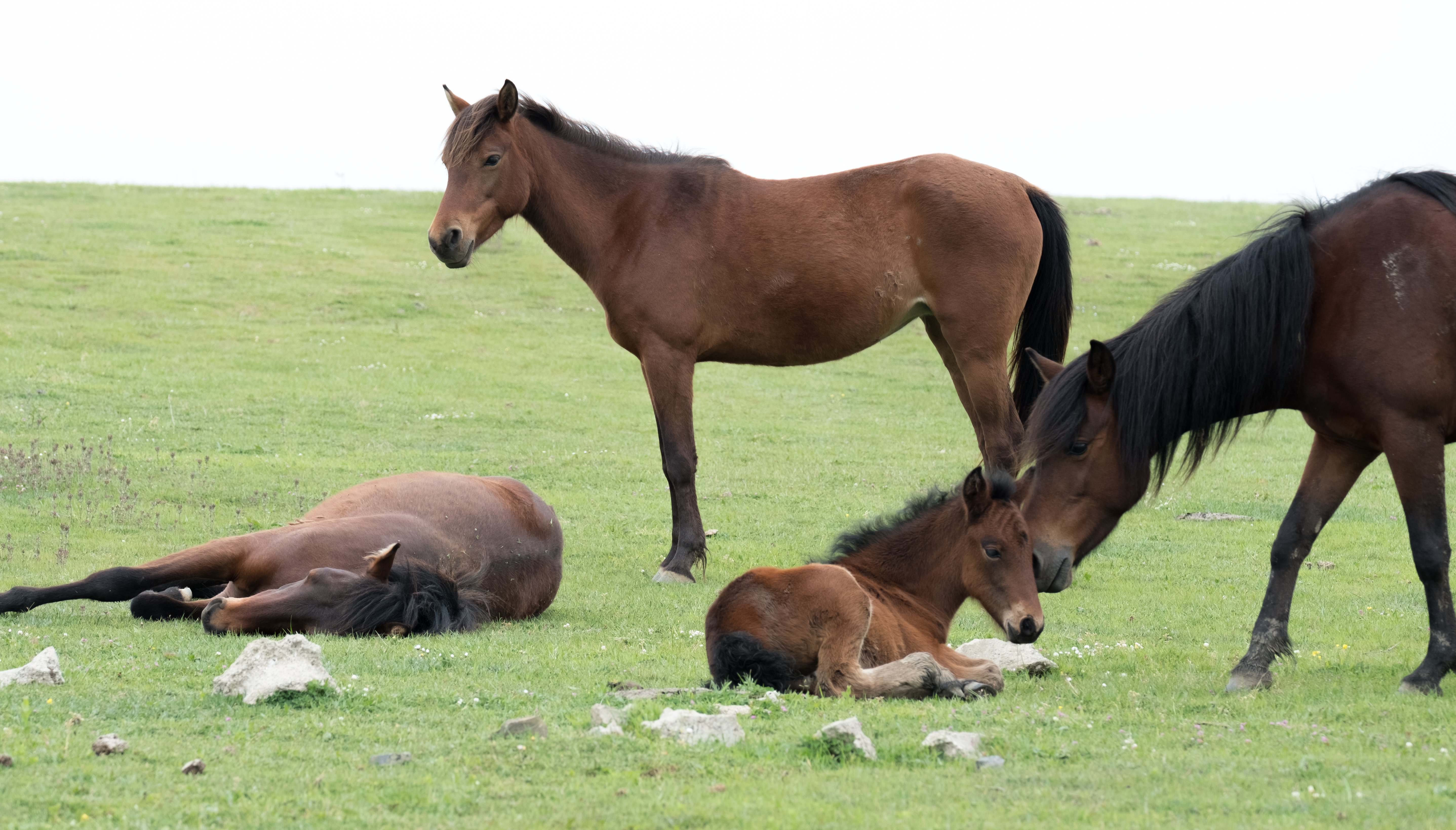
THE FAILURE OF RULES TO RESOLVE ALL DISPUTES
A Greek city had arrived at a point of despair. Competing city states had vied for military and political control for years and there were enough disputes over borders and trade that even inside the tribal lands the people called their own were killings, thefts, and arguments, theoretically over peoples’ right to the limited resources of the region, which constantly dominated the community’s interaction. Often, we humans’ agreements and loyalties that people organize amongst ourselves met at odds, with many interests unable to be satisfied without the dissatisfaction of others. Eventually, to counteract this, the leaders in the community agreed to create shared rules, shared protections against agreed behaviors, and appropriate punishments for violations. From this position they built a system, and thousands of years later we reference this invented mythology as Democracy.

Demos-Kratia are two ancient Grecian words. Democracy is a French word. There is no reason to judge or assume how ancient Greeks considered their actions, but to look at the words themselves and know their meaning is essential. Demos; taken at its literal translation means “The people of/the village.” Kratia; derived from the god Kratos meaning “power,” and then later “to rule/to sway/to have power over” in the context of governance. If understood in the contexts of the French Revolutions and the American Experiment, the modern meaning of demos kratia could reasonably be “the people rule” or “power of the people;” virtuous and populist and predicated on millennia of unrest against rulers. Incidents such as the Magna Carta, the Declaration of Independence, and indeed an entire evolution of political theory is predicated on this interpretation, historically validated by the ardor of revolutionaries, and now by voting.







